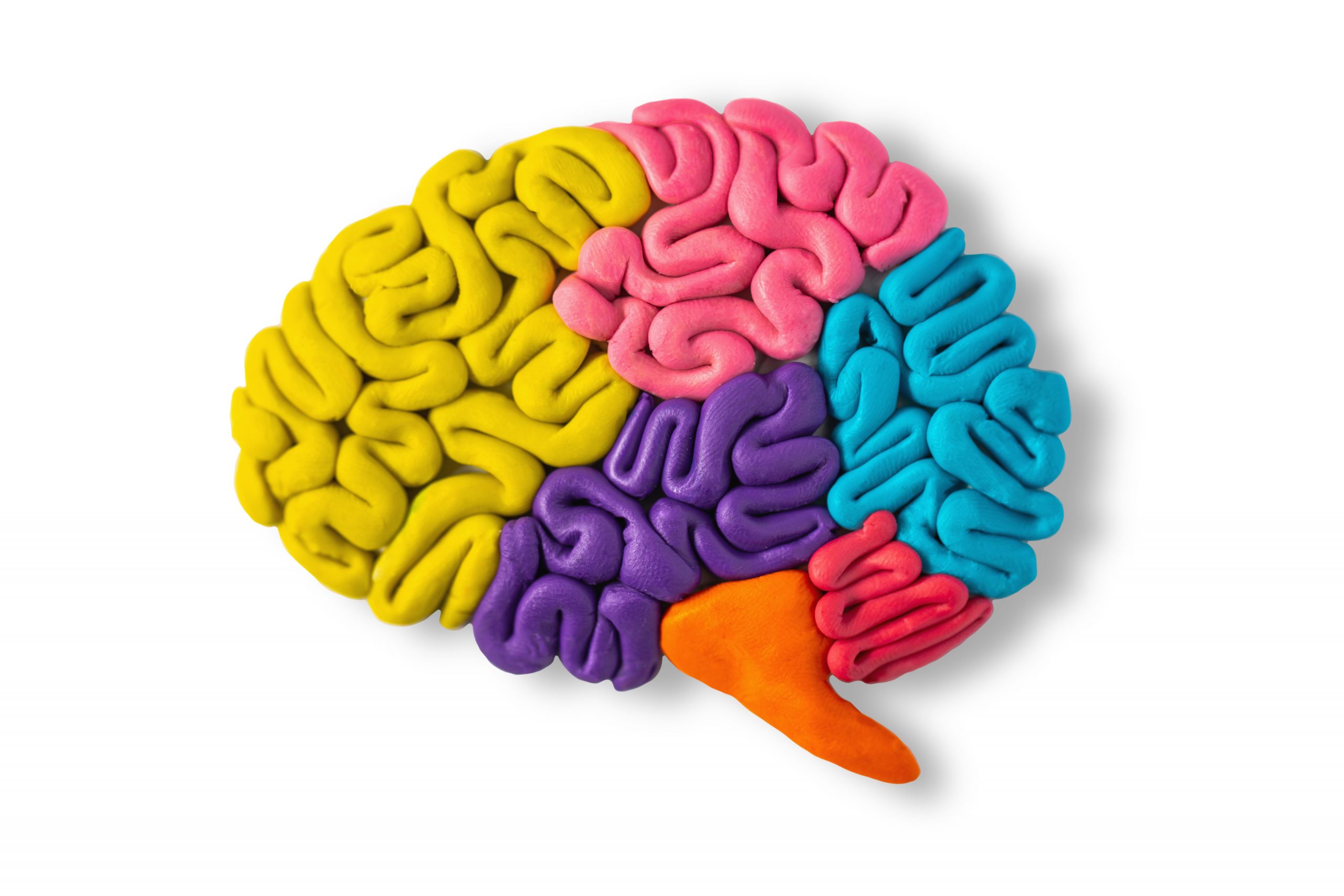Sleep is a fundamental aspect of our lives, essential for overall health and well-being. It plays a significant role in memory consolidation and brain health. When we sleep, our brains undergo a series of intricate processes that help restore and enhance cognitive function. In this article, we will explore the vital role of sleep in memory and brain health and the benefits of getting quality sleep.
- Memory Consolidation: Sleep plays a critical role in memory consolidation, which is the process of stabilizing and strengthening memories. During sleep, the brain processes and integrates newly acquired information, transferring it from short-term to long-term memory storage. This consolidation process is crucial for learning and retaining new knowledge, skills, and experiences.
- Learning and Problem-Solving: Getting sufficient sleep is essential for optimal learning and problem-solving abilities. Studies have shown that individuals who sleep well tend to perform better on memory tasks, attention-based activities, and complex cognitive tasks. Sleep deprivation, on the other hand, impairs cognitive function, attention, and decision-making abilities.
- Emotional Regulation: Sleep is closely tied to emotional regulation and mental well-being. Sufficient sleep helps regulate emotions, allowing for better emotional control and stability. Inadequate sleep can lead to heightened emotional reactivity, increased irritability, and difficulties in managing stress and anxiety. Quality sleep contributes to overall mental health and resilience.
- Brain Plasticity: Sleep is essential for brain plasticity, the brain’s ability to reorganize and adapt. During sleep, the brain undergoes processes that support neural connections and synaptic plasticity, which are crucial for learning, memory formation, and cognitive flexibility. Quality sleep enhances brain plasticity, enabling efficient learning and improved cognitive performance.
- Neurotoxin Clearance: Sleep plays a crucial role in clearing neurotoxic waste products that accumulate in the brain throughout the day. The glymphatic system, a waste clearance system in the brain, becomes highly active during sleep. This system helps remove toxins and metabolic byproducts, including beta-amyloid, a protein associated with the development of Alzheimer’s disease. Adequate sleep supports the brain’s natural detoxification process, promoting brain health and reducing the risk of neurodegenerative disorders.
- Attention and Focus: Sleep deprivation negatively impacts attention, focus, and concentration. Lack of sleep can lead to difficulties in sustaining attention and increased distractibility. On the other hand, quality sleep enhances cognitive function, attention, and the ability to concentrate on tasks. Rested and alert minds are better equipped to absorb and process information effectively.
- Creativity and Problem-Solving: Quality sleep has been linked to enhanced creativity and problem-solving abilities. During sleep, the brain makes connections between seemingly unrelated pieces of information, leading to insights and creative problem-solving. A well-rested mind can approach challenges with a fresh perspective, increasing the likelihood of finding innovative solutions.
- Hormonal Regulation: Sleep plays a vital role in regulating hormonal balance in the body. Adequate sleep helps maintain a healthy balance of hormones, including those involved in appetite regulation, metabolism, and stress response. Disruptions in sleep can lead to imbalances in hormone levels, which may contribute to weight gain, increased stress, and other health issues.
- Memory Retention and Recall: Quality sleep is essential for memory retention and recall. During sleep, the brain consolidates memories and organizes information in a way that facilitates recall. Sufficient sleep improves the ability to remember and retrieve information, whether it’s for academic purposes or everyday tasks.
- Overall Brain Health: Sleep plays a critical role in maintaining overall brain health and reducing the risk of cognitive decline. Chronic sleep deprivation has been associated with an increased risk of neurodegenerative disorders such as Alzheimer












